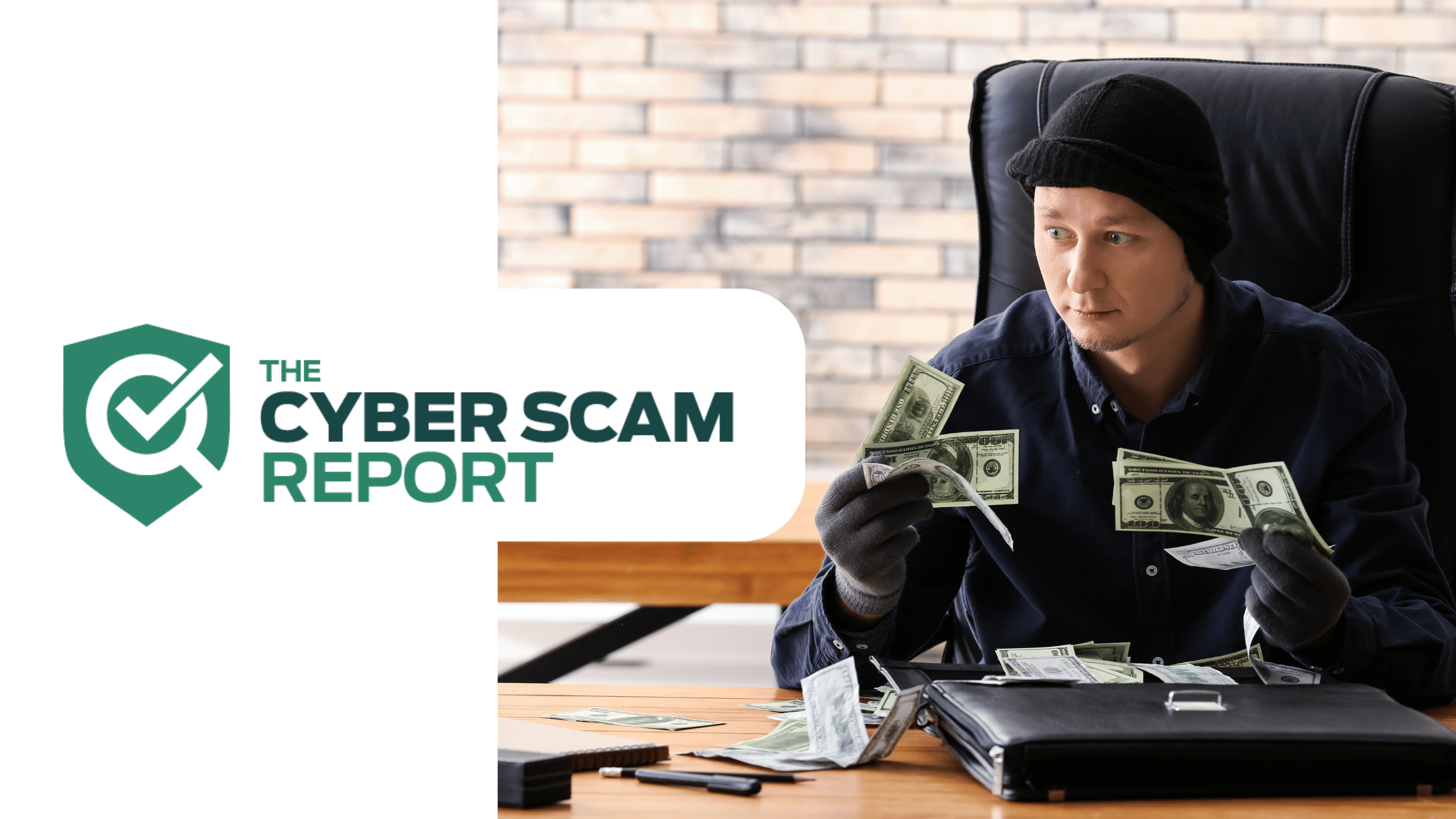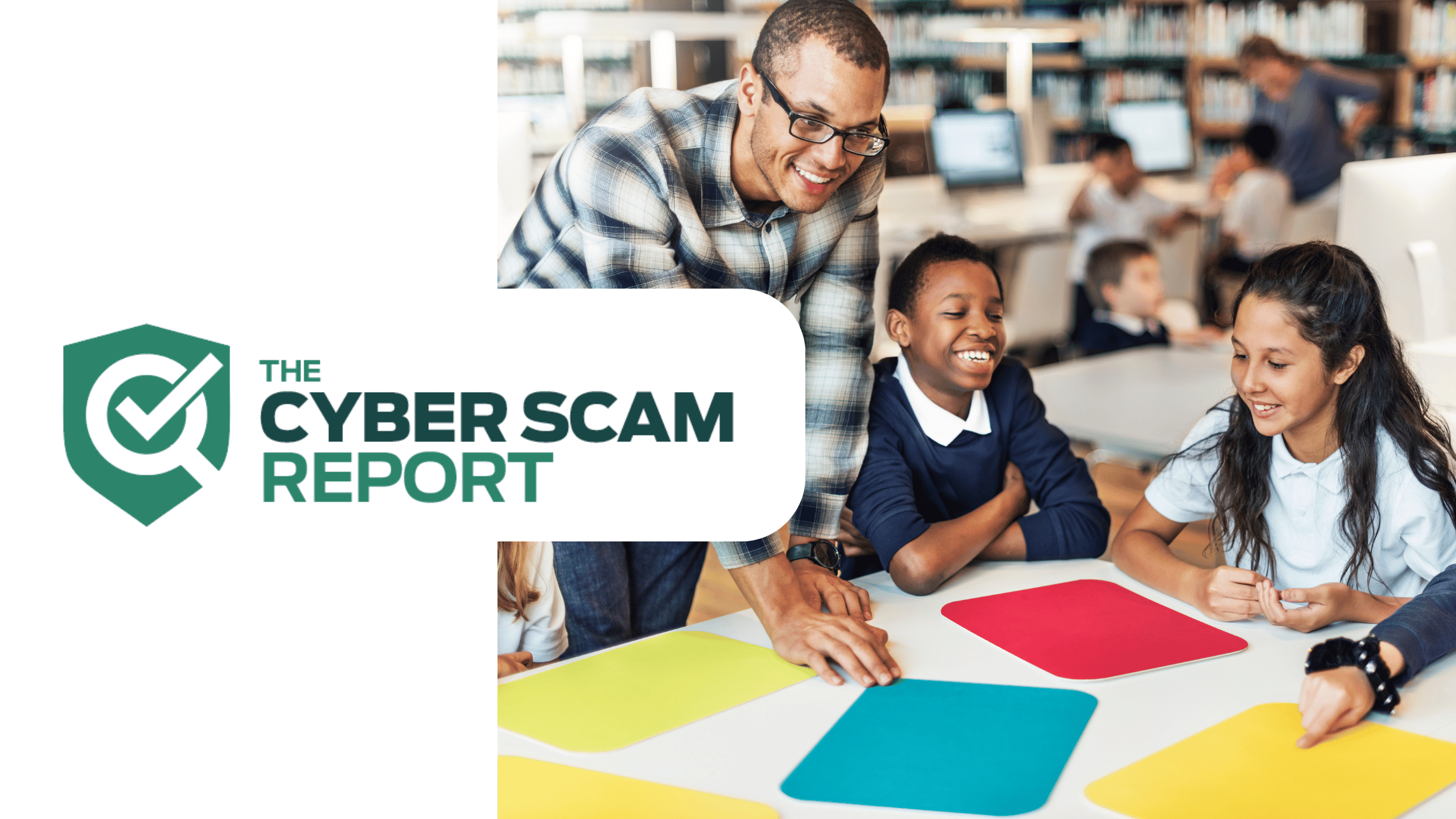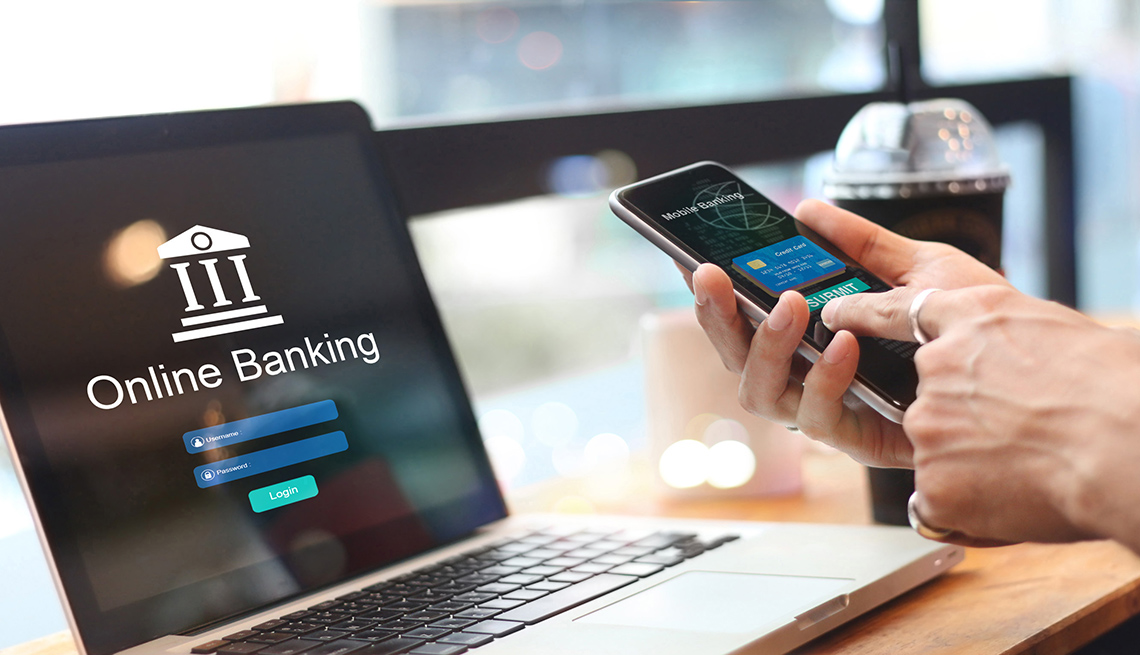Protecting your personal information and privacy on the Internet can be a major challenge.
To use the Internet effectively for shopping, banking, and communication, you will need
to give out personal and financial information at times.
How do you know when it’s safe to give out information, and how can you protect
yourself from that information falling into the wrong hands?
As you use your PC, it will keep track of your personal information and browsing history.
How do you remove that information to prevent it from being misused?
-
Protect yourself from phishing and identity theft.
Falling for an innocent-looking email can let a criminal steal your money and good name. -
Find out what your PC knows.
This data could be stolen off the PC by spyware, or taken by someone snooping on your PC. -
Remove information that you don’t need or want to be revealed.
If it could cause embarrassment or financial loss, do you want it on your computer? -
Set up your PC for better privacy.
This is especially important if you share a PC, or if it is in a place where many
people may be able to access it when you are not around. - Use our privacy scan to see what information your PC has collected.
Guilty Unless Proven Innocent
It is almost inevitable that your computer will accumulate some
unwanted debris as you surf the Internet.
It’s easy to follow an innocent-looking link from a search engine and
end up on an unsavory site; some adult-oriented and spyware distribution
sites use common search terms to lure people to click.
Someone using your PC, or just watching you as you use it,
may see these items and jump to incorrect conclusions.
Perhaps the worst that you’ll suffer is some embarrassment; if that’s all that
happens then consider yourself extremely lucky.
Long after the web browser is closed, images and web pages stick around
on the PC in places like the browser’s cache or Recycle Bin.
Innocent people have found themselves the subject of
police investigations
because of pornographic material deposited onto their systems by spyware.
And if you think that people are just making excuses to cover up their
own behavior, explain why this grandmother would go
surfing for porn.
You don’t want to be in the position of proving that you are innocent,
but these threats will put you in exactly that position.
Be In Control, Not Scared
Clearly, there are many potential threats to your privacy when it comes to PCs,
but there are privacy threats in non-PC activities as well.
The best defense is not to abandon the Internet, but to learn how to protect yourself
from the dangers.
As real as some of these threats can be, there are also false dangers
that unscrupulous companies use as scare tactics to get you to buy ineffective products.
Be smart, and don’t fall into their traps.




